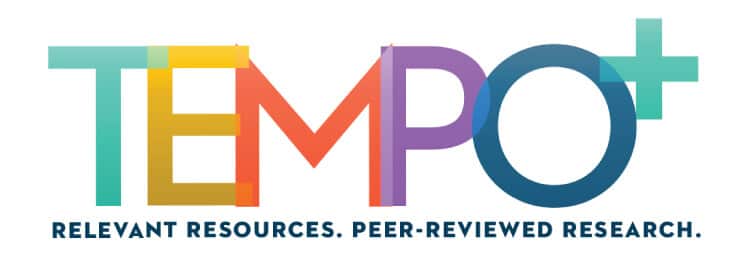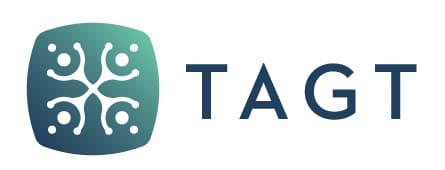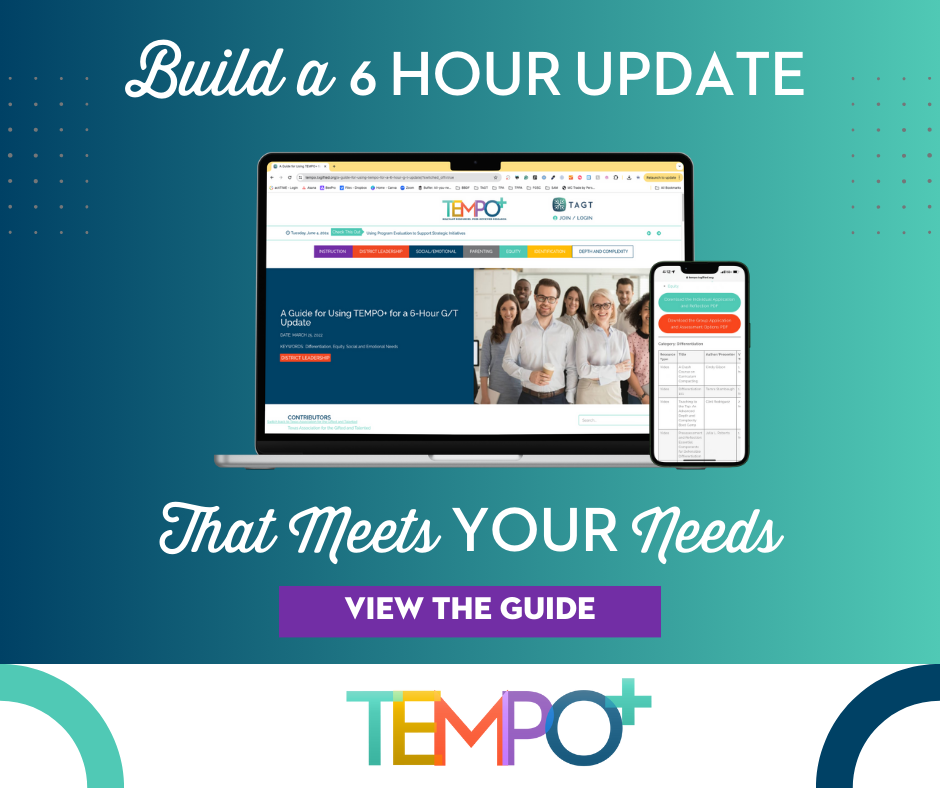Educators juggle a ton of responsibilities every single day. They often have to choose between self-care (e.g., eating lunch, breaks) and their ever-expanding job responsibilities (e.g., grading, instructional planning, professional learning). As much as they might want to, teachers and coordinators who facilitate advanced academic services can’t always carve out time to read the latest education research. And when they do want to access research, it’s often stuck behind a paywall. The great news for busy gifted education professionals is that several open-access reports present new research and evidence-based recommendations for strengthening advanced academic programming and supporting teachers in PreK-12 schools. These reports provide a glimpse into local and national conversations about advanced education, including universal screening, local norms, automatic enrollment policies, advanced coursework, and effective professional learning. This article highlights five publicly available reports with findings and implications for educators who work with advanced learners.
The Broken Pipeline: Advanced Education Policies at the Local Level
This Thomas B. Fordham Institute report by Adam Tyner (2024) discusses the findings from a national survey that asked school leaders about advanced education practices in their districts. The report identifies a disconnect between identification practices and programming. Although the study found evidence of equitable identification practices (e.g., universal screening), the services provided to elementary and middle school students leave substantial room for improvement. The report identifies four key practices schools can adopt to provide more equitable advanced learning services, which include (a) embracing acceleration, (b) using universal screening as an entry point at multiple grade levels, (c) employing local norms for identification, and (d) implementing targeted instructional strategies (e.g., specialized curriculum) for advanced learners. Educators can discuss the findings in professional learning communities (PLCs) or professional development sessions to identify strategies for students with advanced learning needs in their schools.
In 2022, the National Working Group on Advanced Education brought diverse thought leaders together to identify common goals and develop policy, practice, and research recommendations. The recommendations in this report are based on three overarching beliefs about education. The first belief is that “every child deserves to be challenged” (“Building a wider, more diverse pipeline,” p. 9). The second belief is that the United States can “ensure its own long-term competitiveness, security, and innovation” (“Building a wider, more diverse pipeline,” p. 10) by making advanced education pathways readily available to students from diverse cultural, linguistic, economic, and geographic backgrounds. The third belief is that “accessible advanced education strengthens our democracy and society” (“Building a wider, more diverse pipeline,” p. 10). In 2023, this working group shared 36 recommendations, including state-level policy guidelines, local curriculum and professional learning practices, and classroom instructional strategies. One common thread across the recommendations in this report is that schools can support equity and excellence by imagining ways to include more students in advanced education pathways. Coordinators and educators can review these evidence-based recommendations to identify strengths and evaluate areas for growth in their gifted and advanced academic programming.
In this report, Jonathan Plucker and colleagues from the Johns Hopkins University Institute for Education Policy discuss automatic enrollment policies. Schools with auto-enrollment policies for advanced education screen all students in a grade level and automatically place those who demonstrate the need for more challenge in advanced courses. Students can opt-out of advanced courses, but placement in these challenging classes becomes the default. This report examines the variations in automatic enrollment policies across six states, including North Carolina, Colorado, Nevada, Washington, Illinois, and Texas. For example, Texas and North Carolina both have auto-enrollment policies for math, but the North Carolina legislation covers grades three through 12, while the Texas policy covers the transition from fifth to sixth-grade. The authors provide ten recommendations for identification, programming, parent communication, and public accountability related to automatic enrollment. The report highlights the fact that these policies have garnered bipartisan support from lawmakers in all six states. This report can guide Texas school leaders as they implement S.B. 2124, but it is also an advocacy resource gifted education professionals can share with state legislators and local decision-makers.
Solving for X in Texas: Math Trends, Challenges, and Opportunities in the Lone Star State
This report by Texas 2036 presents the stark reality that there are many students in Texas who do not meet grade level standards or college readiness benchmarks in math. By and large, students with advanced learning needs are meeting these standards, but this report provides context that may explain why the needs of advanced learners are so often overlooked in policy and practice discussions. The first chapter shows the extent of the math achievement problem in Texas and notes that this trend was evident well before the COVID-19 pandemic. The second chapter emphasizes the link between advanced math proficiency and postsecondary outcomes, including degree attainment and higher lifetime earning potential. The third chapter identifies disparities in access to tutoring, professional learning, and home school partnerships. This section also highlights the math auto-enrollment policy adopted by Texas schools and suggests that this policy is a promising move toward equitable access to advanced math coursework.
The fourth chapter examines school reform efforts around the country that emphasize math talent development. The final chapter of the report identifies strategic areas for improvement. For example, the authors recommend collecting data in primary grades with early math screeners in K-2 to identify students who need early intervention or acceleration. They also recommend collecting more data in high school to examine math performance beyond Algebra to monitor progress toward college readiness benchmarks and intervene when students need support or additional challenge. Although the bulk of this report focuses on interventions for students who need support to meet grade-level standards and readiness benchmarks, many of the recommendations (e.g., universal math screeners, automatic enrollment) can benefit advanced learners as well. Gifted education professionals can read and discuss this report to understand the broader picture of math talent development in Texas and across the country.
Building Better PL: How to Strengthen Teacher Learning
In this Brown University Annenberg Institute report, Hill and Papay (2022) review the research literature on teacher professional learning to help instructional leaders design practical and effective development opportunities. The report describes research evidence on professional learning formats, content, and principles. The authors suggest using professional learning formats that include teacher-to-teacher collaboration, one-to-one coaching, and follow-up meetings to support the implementation of new learning. They also note that professional learning session content should include subject-specific instructional practices instead of just content, concrete instructional materials, and student relationship-building strategies. The report recommends that school leaders conceptualize professional learning as an opportunity to support teachers’ day-to-day practices and create accountability for change and improvement. Although the report does not explicitly reference professional learning for gifted and advanced academics teachers, this guidance can be applied to any continuing education or job-embedded training. Coordinators who provide professional learning and educators who lead departments or PLCs can use this report to plan professional development that incorporates these practices.
Conclusion
Conversations about education policy and school reform do not always include students with advanced learning needs. All children and adolescents need opportunities to learn and grow in school, even when their needs outpace those of their grade-level peers. The consensus across these reports is that schools can pursue equity and excellence for students in Texas and nationwide by rethinking how we serve advanced learners and how we support the teachers who work with these students. Educators can read these five reports to learn more about effective policies and practices for advanced learners and pass them on to critical decision-makers (e.g., policymakers, school leaders, caregivers) as part of advocacy efforts.
References
“Building a wider, more diverse pipeline of advanced learners: Final report of the National Working Group on Advanced Education.” (2023, June). Thomas B. Fordham Institute. https://fordhaminstitute.org/national/research/building-wider-more-diverse-pipeline-advanced-learners
Hill, H. C., & Papay, J. P. (2022). Building better PL: How to strengthen teacher learning. Research Partnership for Professional Learning. https://annenberg.brown.edu/sites/default/files/rppl-building-better-pl.pdf
Plucker, J. A., Berg, B., & Kuwayama, H. (2024). Automatic enrollment in advanced courses: A bipartisan approach to excellence and equity in K-12 schools. Johns Hopkins University Institute for Education Policy. https://jscholarship.library.jhu.edu/handle/1774.2/69227
“Solving for X in Texas: Math trends, challenges, and opportunities for the lone star state.” (2024). Texas 2036. https://texas2036.org/math/
Tyner, A. (2024). The broken pipeline: Advanced education policies at the local level. Thomas B. Fordham Institute. https://fordhaminstitute.org/national/research/broken-pipeline-advanced-education-policies-local-level
Putting Research into Practice: Five Advanced Education Reports You Should Read PDF







